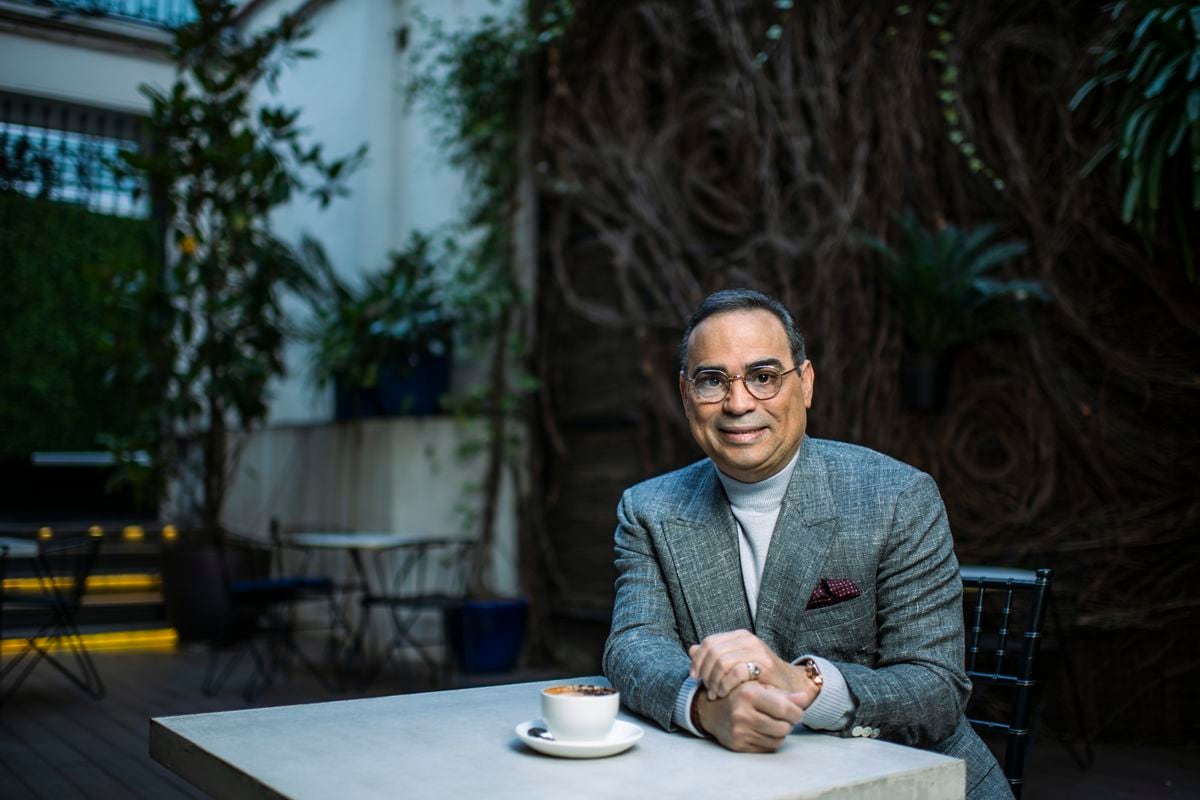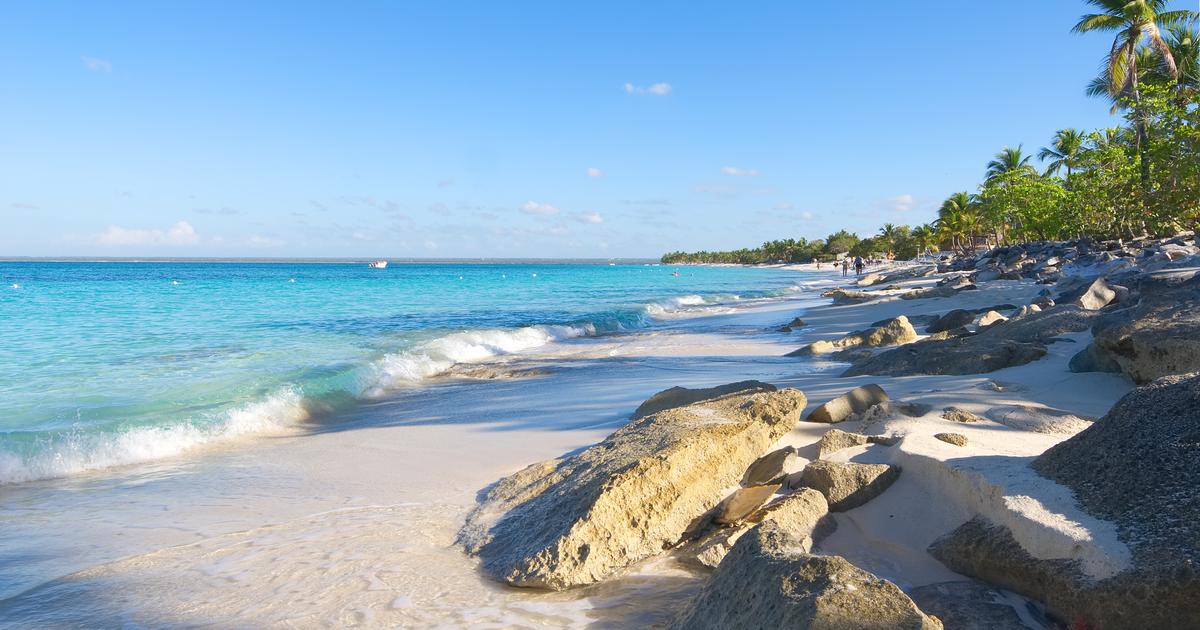Gilberto Santa Rosa (San Juan, Puerto Rico, 60 years old) says that in the eighties there was a wave of more erotic salsa versions of popular ballads.
He followed the tradition of romantic lyrics and they named him El Caballero de salsa
,
an alias that has accompanied him until this cold afternoon in Madrid on the eve of a European tour with five stops at large venues in Spain.
He is an exponent of a genre that never left and that is revived in the heat of the success of Latin music.
Puerto Rico is perreo and all that you know;
But Puerto Rico, don't forget, continues to be the classic voice of this winner of six Grammy awards, who wears his handkerchief so well in his jacket pocket.
Ask.
At the age of six she was already singing tragic boleros.
Deep for a child.
Answer.
It was what my maternal grandmother liked to listen to.
She took care of me while my mother worked.
Q.
Why did music captivate you so early?
R.
Among other things because I was very shy and I realized that it was easier for me to express myself singing than speaking.
P.
Celia Cruz said of salsa: "It's a little bug that gets into your eyes and ears, and when it reaches your heart it explodes."
R.
Or also: that reaches your heart and goes through your feet.
Q.
What defines salsa?
R.
The rhythm, the drum.
Rubén Blades already said that we are the only genre that respects the heritage of Africa.
Q.
How is the genre?
A.
At a very rare moment.
We were protagonists of the scene in the seventies, in the eighties... and we are not anymore;
but, at the same time, with the advent of all these devices and all the technology, the range of action of the genre is expanding and, right now, while we are here in Madrid, you and I talking about salsa, something that we haven't done for a while would have happened, there will be a salsa singer playing in Israel.
Israel!
And there are guys who could be making urban music and are into salsa.
It gives me hope.
Q.
Do you dislike reggaeton and such?
R.
I am from the last century and there are things that I find difficult to handle.
Q.
Which ones?
R.
The things that those guys sing
versus
what I sing… I don't criticize it, I just don't participate because I think it's not my turn.
I come from another music.
If they let me, I would walk with a symphony behind me, and in music today everything is electronic and technological.
The singer Gilberto Santa Rosa, on Monday in a hotel in Madrid. INMA FLORES
Q.
There are gadgets in every country, and yet a disproportionate number of stars come out of your island.
R.
Yes, it is a quarry.
From Puerto Rico came salseros, rockers, balladeers, pop artists.
I believe that the Lord said: "This island was too small for me, I am going to bless it with talent so that it can defend itself."
There is a saying there that says that in Puerto Rico even the stones sing.
And it's true, they will sing whatever you want them to sing, but they sing.
Q.
At the same time, the boom of urban music benefits other Latino genres.
R.
Without a doubt, and most of the important urban people I've met are fans of salsa and promote us in some way.
You should never forget those who paved the way, those who ground the glass.
Q.
Who ground it?
A.
For example, Johnny Pacheco and La Fania.
Or Willie Colón and Héctor Lavoe;
if a Martian came down in a flying saucer and ordered me to give him a record to find out what salsa is, I would give him one of them, specifically
El Juicio
(Fania Records, 1972).
Q.
He is a proud Puerto Rican.
A.
Yes sir, 100%.
I was born, raised and live there.
Our cultural heritage is the most valuable.
We continue to be Puerto Ricans despite the close and long relationship we have had with the United States.
Subscribe to continue reading
Read without limits
Keep reading
I'm already a subscriber








/cloudfront-eu-central-1.images.arcpublishing.com/prisa/SUWUS7YYTRADHGYXYQIRE2JO74.jpg)
/cloudfront-eu-central-1.images.arcpublishing.com/prisa/BEHGGQZBURDSZG3TTV3Y6ERJCU.jpg)





